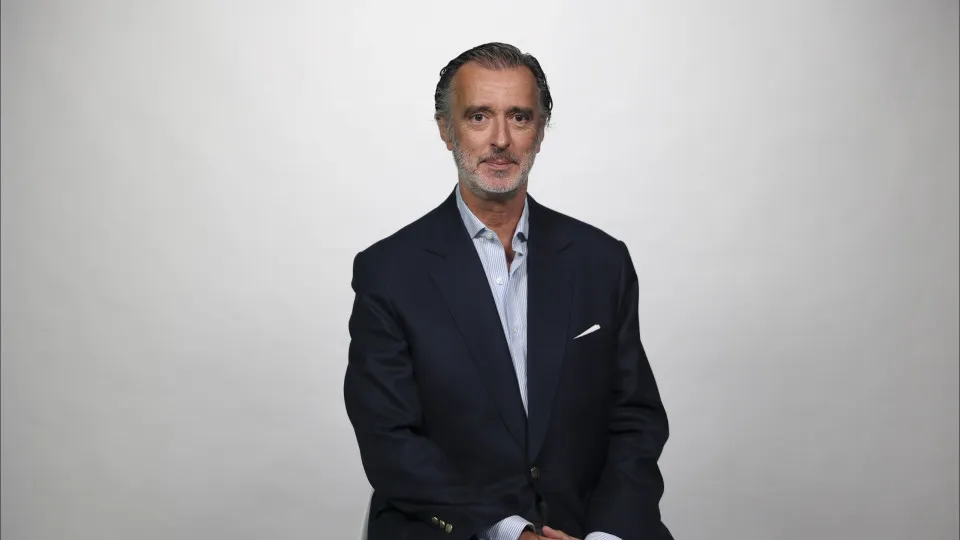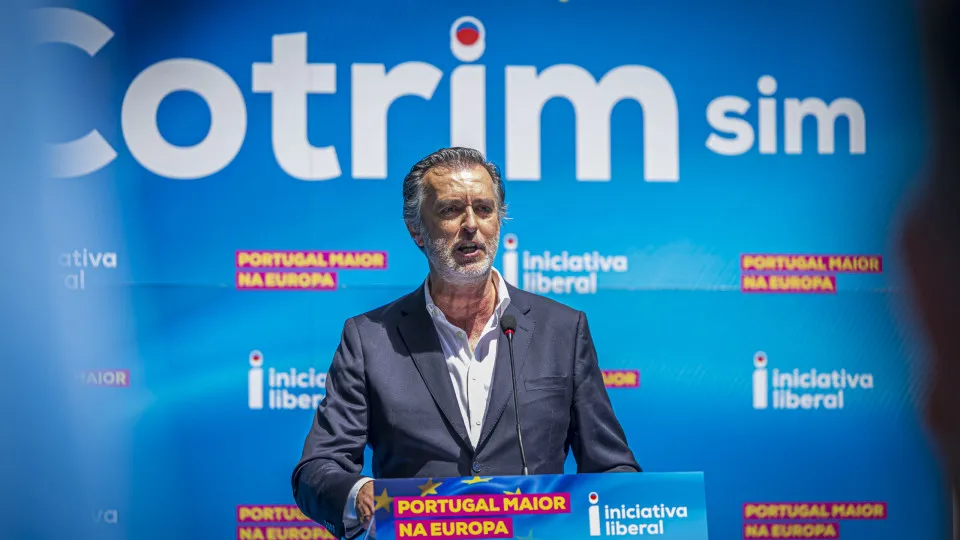
Cotrim Figueiredo expressed his support for seeing “reforms happen and change being accompanied” in an interview, acknowledging that “reforms always generate resistance.”
He stated, “Avoiding resistance is the same as avoiding reforms. We cannot do that. Out of fear of displeasing A or B, not implementing reforms ensures that we are harming C, D, E, F, up to Z. There is always someone dissatisfied when something changes.”
When questioned if these reforms would be painful for society, following his comments to CNN Portugal that “any politician who claims we can reach nirvana or paradise without pain is lying,” Figueiredo admitted that “they would inevitably involve transition costs.”
Figueiredo emphasized the importance of properly calculating these “transition costs so that no one is left behind,” arguing that failing to implement reforms would leave “more people behind, causing more harm to people.”
He cited the example of Social Security reform, which he deemed necessary to ensure the system’s sustainability, noting it would require a “budgetary effort.”
“And, as always with a budgetary effort, if anyone says, ‘I can increase certain expenses without curbing others,’ they are lying. I don’t do that. If we are interested in correcting this intergenerational problem, this injustice, we must be open to a period of adaptation, of transition,” he indicated.
He commented on the electoral logic, stating: “This electoralist logic of ‘I know I’m going to affect this or that person, that I’m going to lose the goodwill of this or that person and not do reforms’ is harming a lot more people than those I’m supposedly defending now. This perspective is necessary,” adding that implementing reforms requires courage and “not being overly concerned with reelection.”
When asked if this means his reforms would be unpopular, the former leader of IL remarked they would be “unpopular in some sectors, very popular in others,” and, “in the long term, extremely popular.”
Regarding whether the ‘troika’ period was one of those times when necessary but painful reforms were made, Figueiredo criticized the association of “reforms and ‘troika'” as “very dangerous from the perspective of creating a climate of fear” in public opinion.
“Don’t make people believe that reform equals pain like ‘troika.’ That’s the worst disservice to democracy, suggesting to people that change and evolution can occur without anything changing,” he said, stressing the responsibility of warning that reforms will have costs.
“This is not stoicism, not liking pain for pain’s sake, but understanding, as anyone knows, that psychologically, gratification should be delayed. There are things that bring a lot of pleasure today, but we know we pay for them tomorrow,” he said, arguing this is a necessary pedagogy, serving as a counterpoint to populism.
“Populism thrives on selling ease. The notion of an easy, cost-free, trouble-free, stagnant life is incorrect,” he warned.
After advocating for constitutional revision during his time as IL leader, Figueiredo clarified his stance on the issue, promising that as President of the Republic, he would remain neutral and would not “lift a finger” to alter the fundamental law.
“The President of the Republic, his primary role, perhaps the noblest, is guardian of the Constitution. It’s nonsensical to promote its change. (…) I wouldn’t lift a finger to change the Constitution, nor would I lift a finger to reject a constitutional revision legitimately approved by two-thirds of the Assembly,” he stated.




